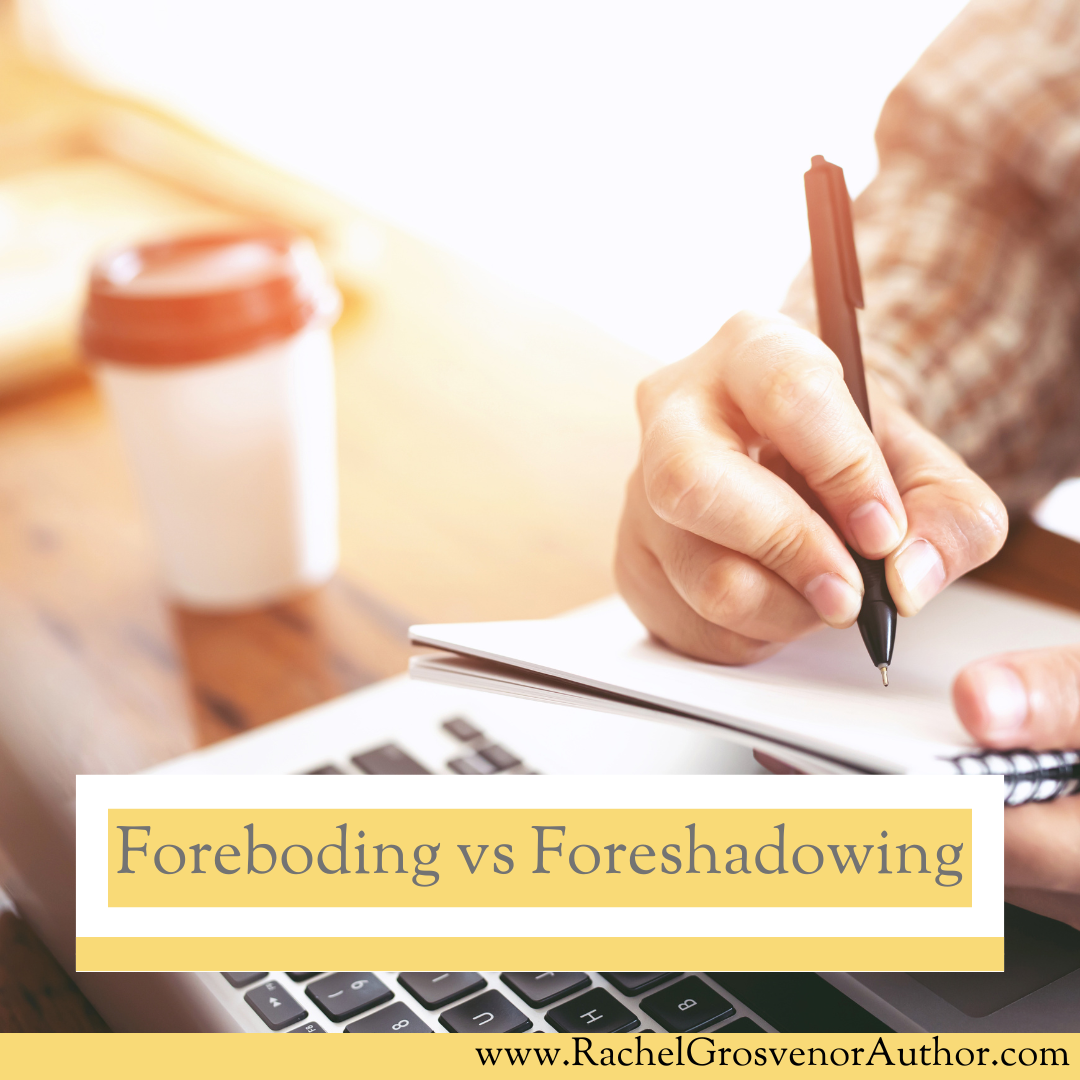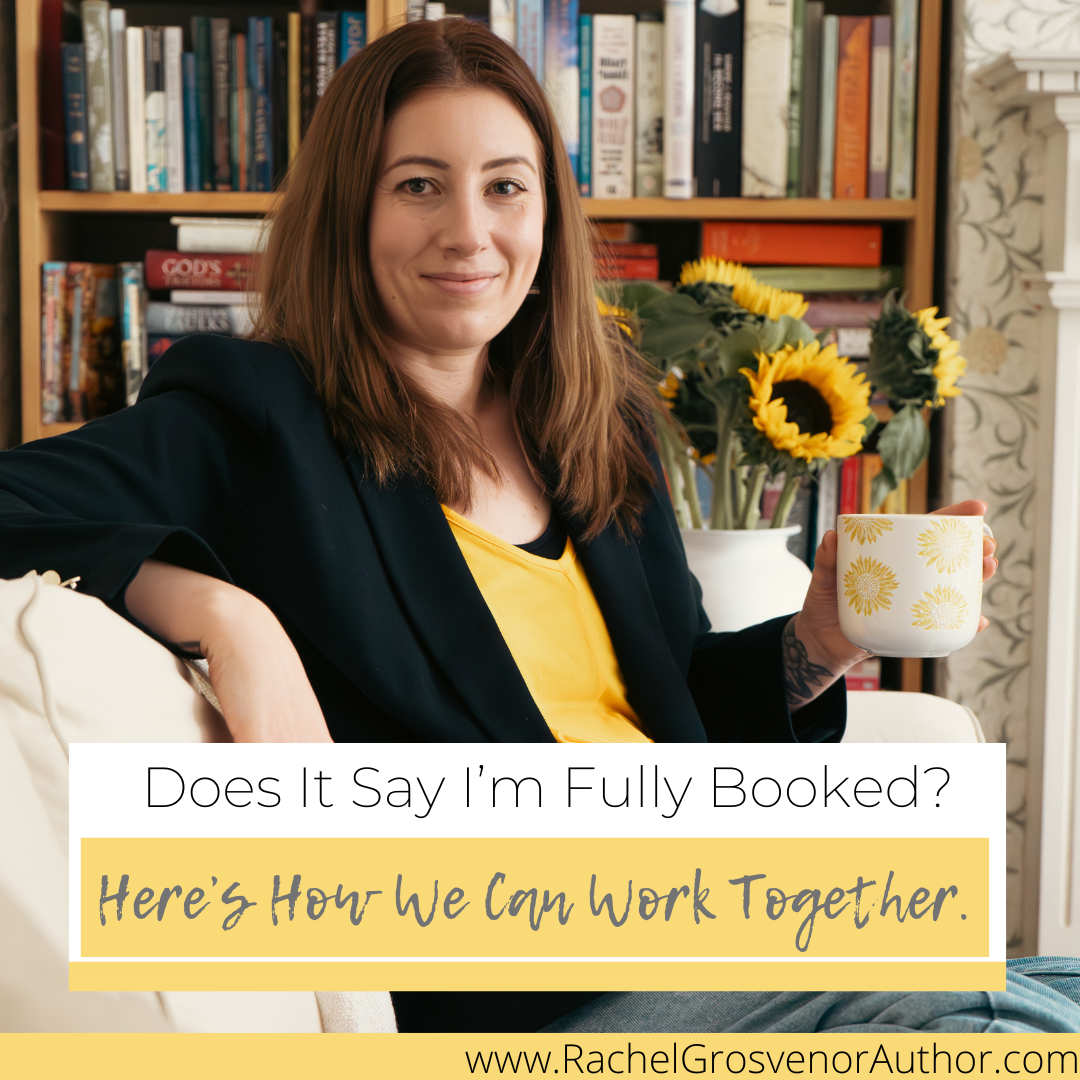When it comes to writing and editing chapters, we need to be in two different mind frames. Writing chapters is the art of creation, where we get the story out and take our character from A-B-C (most likely). But, when it comes to editing, we need to be asking ‘Is this a good chapter?’ and ‘Does this chapter work?’. Here are five questions to help you check that your chapter is doing what it needs to do:
1) Have you set the reader in time and space?
If so, the reader can come to your chapter after a break and understand where and when they are in the character’s journey. You don’t need to write a huge introduction that covers this, but rather to add a sentence or two to encapsulate your character’s journey.
2) Does your character try to make progress in their physical or personal journey?
They might not achieve it, but there should be something driving the narrative forward, a desire or act to reach that overarching goal. If there isn’t, the reader will finish the chapter feeling untethered and unsure of what the purpose was.
3) Does something change in the chapter?
It might be a character relationship, a thought, a decision, or something bigger, like a world event. Remember that every chapter needs to drive that narrative, so even if it’s something like a world event getting in your character’s way and actually pushing their journey backwards, something needs to change or solidify to make a satisfying addition.
4) Does the reader have a clear image of the scene?
Read your chapter from the point of view of your reader and try to imagine what you have described. If you’re finding it difficult, consider what you might change to make the image clearer (setting detail, for example).
5) Is there cause and effect in your chapter?
In life and fiction, one thing leads to another. So, if in your last chapter, your main character stole a loaf of bread, show us the effect in this chapter. This is also a great way of making sure that you aren’t dropping any threads in your novel.
I hope this helps you when editing your chapters!
Want to read something similar? Check these out:
What Should You Include in Act 1 of Your Novel?
An Easy Way to Characterise Your Setting
I’m now booking for 2026, so if you’re looking for a qualified editor and writing coach with over thirteen years’ experience, get in touch for a free, obligation-free thirty-minute chat.








